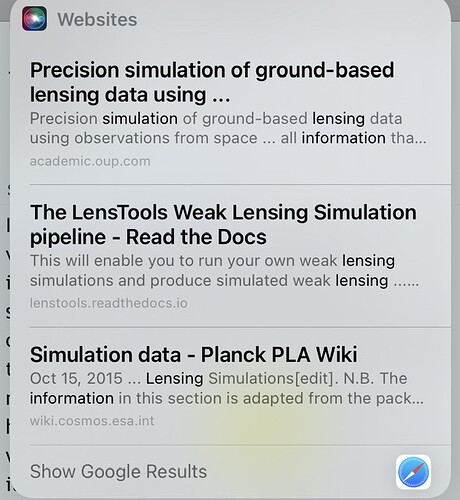Final Thought
If you have Brian Greene’s “Fabric,” check out page 75ish, and note 23 on page 499, and all the pages listed for space & spacetime in the index, and the whole book. In a nutshell the particular pages I referred you to mentioned Einstein’s position that spacetime is something, not nothing.
Also in Greene’s Fabric of the Cosmos:
Entropy starts out ordered with the Big Bang, or first cycle. That’s a problem science can’t touch.
Likewise, if the universe were infinite, we would have already achieved heat death.
The vacuum energy & branes & stuff… something had to light the fuse, so to speak, or this never would’ve kicked off.
The other thing not many mention is what a beginning even means if the whole thing began complete (so every now is the beginning, and end, really, and the beginning & end, & every now, exist in Being/Time).
The only philosopher I have read that seems to understand Time (God’s Being) is Kant… but I have barely scratched the tip of the philosophy iceberg.
The universe has a bellybutton. It’s low entropy at the beginning, and ever increasing entropy, and (by contrast) irreducible complexity wherever it is found uninitiated by human/contingent intelligence.
Obv the Creator of all bellybuttons (beginnings, singularities) is going to have no bellybutton (is going to be necessary rather than contingent, and have intelligence to spark the beginning and the nonhuman/AI irreducible complexity).
Even if there was no identifiable beginning because it began all at once complete (fractal)… that can’t happen without a mind to sustain it, especially when you factor in information exchanged between “previously” unentangled (physically, anyway) moments.
